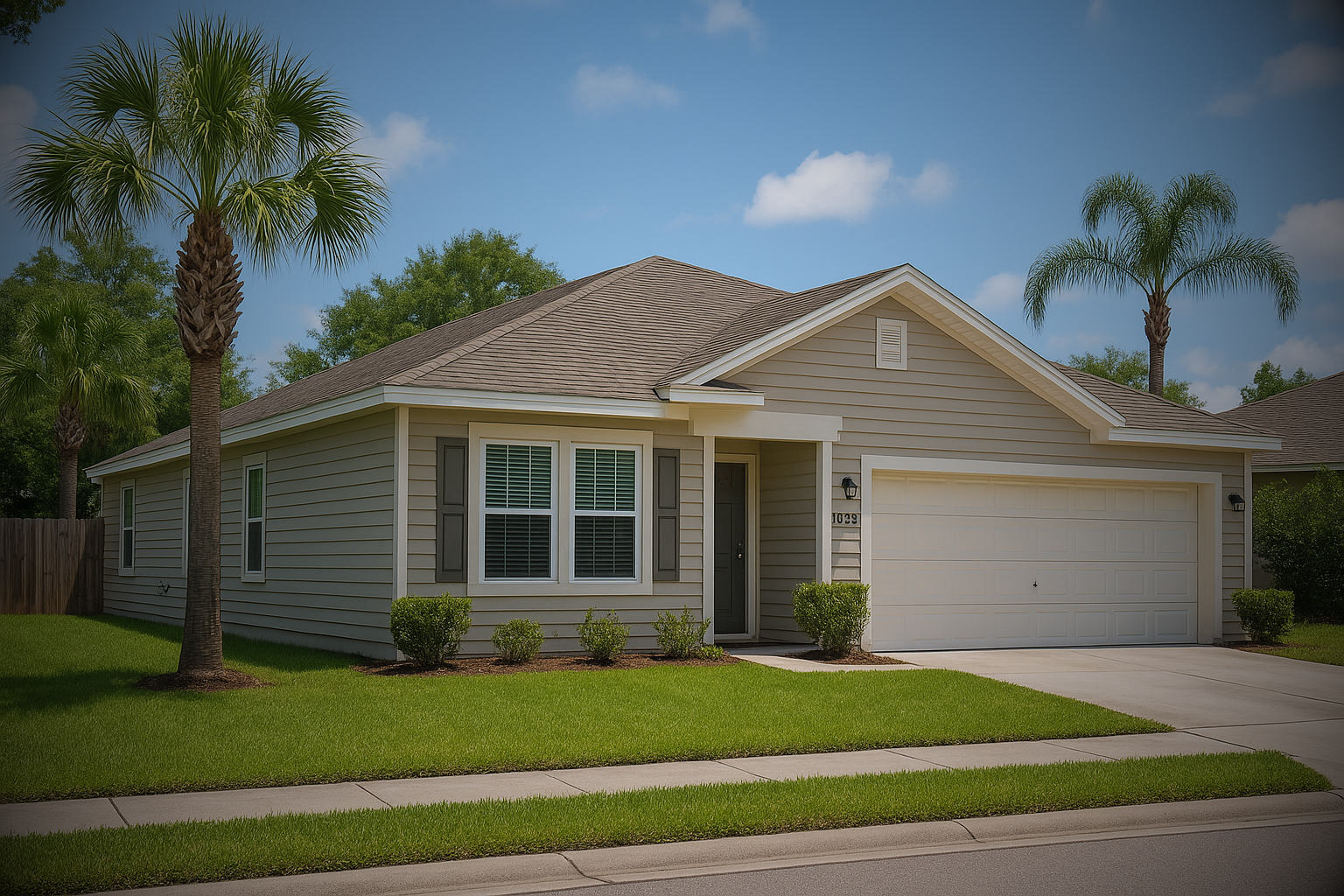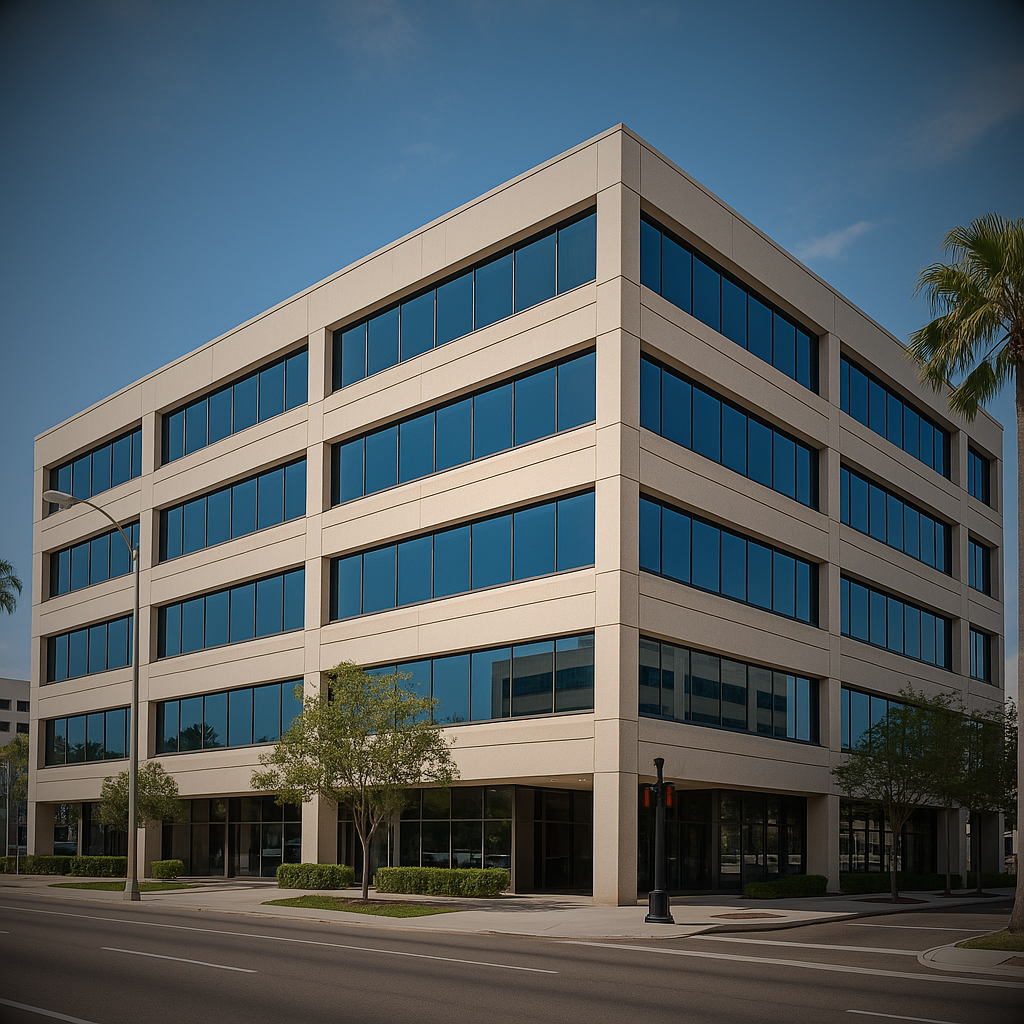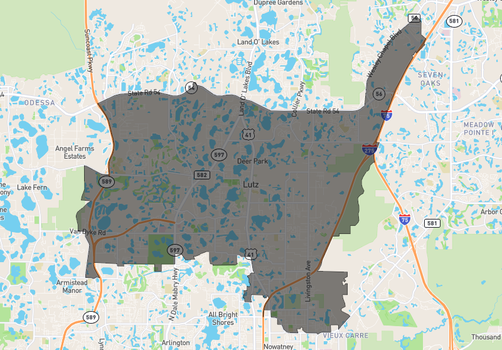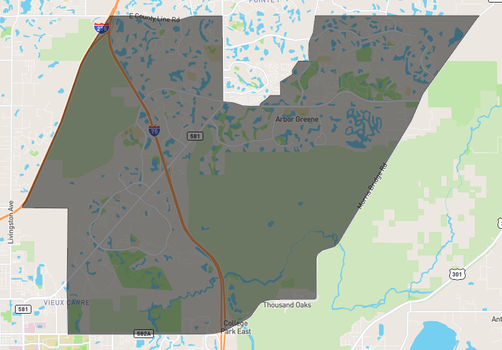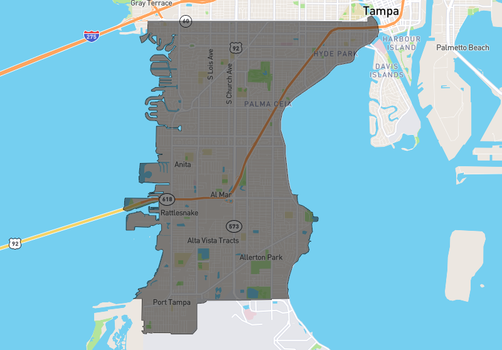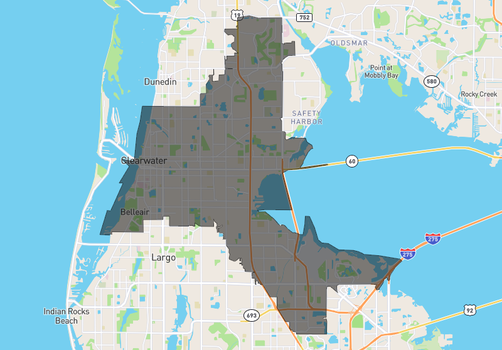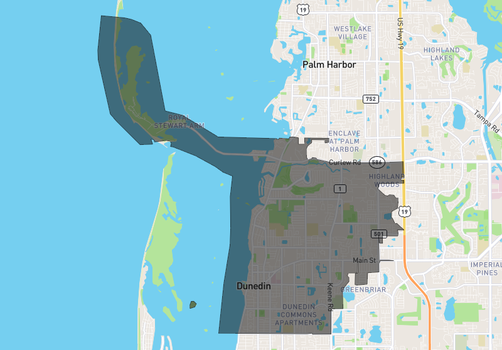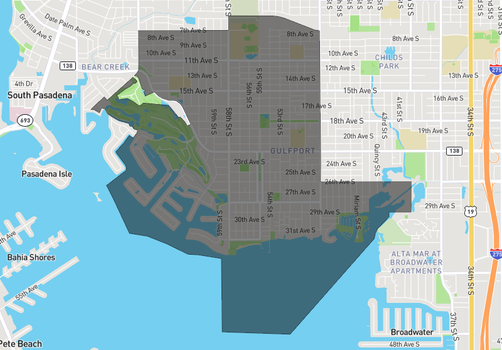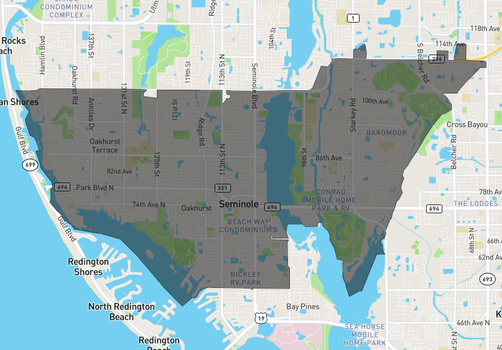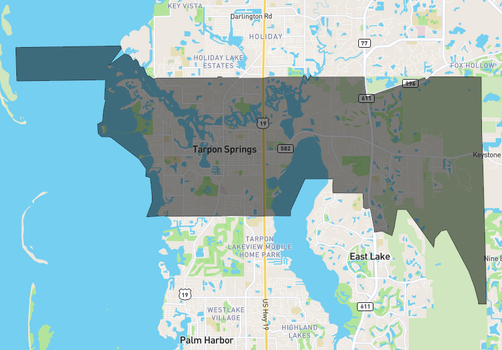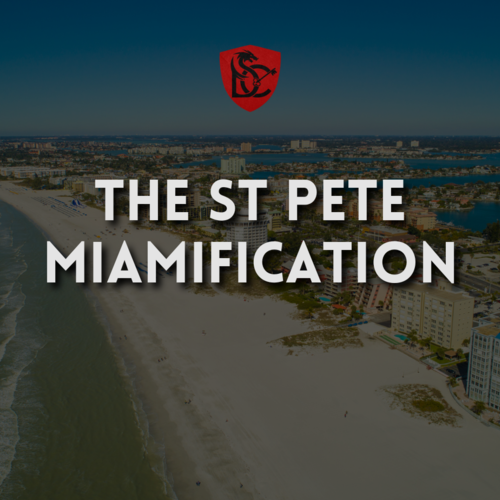~ 3 min read
If you're a homeowner in Tampa Bay, you've probably noticed that insuring your property has gotten dramatically more expensive—and complicated—recently. You're not alone. Florida is currently experiencing one of the worst home insurance crises in recent history, leaving many Tampa homeowners scrambling for answers. Here's your no-nonsense post to understanding what's happening, why it's happening, and what you can do about it.
Understanding Florida’s Insurance Crisis
Florida’s home insurance market is under pressure from multiple angles. Frequent hurricanes and storm damage have depleted insurers’ financial reserves, prompting many to either leave the state or spike premiums. But that’s just part of the picture. Florida accounts for an overwhelming 80% of all homeowner insurance lawsuits nationwide, largely driven by inflated claims and legal abuse, particularly with roof repairs. On top of that, global reinsurance costs—the insurance that insurance companies rely on—have risen sharply due to disasters worldwide. These increases are being passed down to homeowners here in Tampa. Add rampant fraud and scammy roofing contractors to the mix, and it’s no wonder the market’s on fire. The combination of legal, environmental, and economic stressors has made Florida the epicenter of the nation’s home insurance crisis.
Practical Ways to Lower Your Insurance Costs
There’s no silver bullet, but there are some solid ways to keep your premiums in check. First, always shop early—don’t wait until your renewal date to look for better options. Start comparing quotes a few months in advance. Consider raising your deductible to reduce your annual premium, but only if you’ve got the savings to back it up. Bundling your home, auto, and other insurance policies can save you real money, and most carriers offer sizable discounts. If you haven’t already, consider investing in upgrades like hurricane shutters, impact windows, or reinforced garage doors—these can improve your home’s storm resistance and lower your rates. Getting a wind mitigation inspection is also one of the easiest ways to earn discounts. And make sure your policy accurately reflects your home’s current replacement cost—many homeowners unknowingly over-insure and end up paying for coverage they don’t need.
Protecting Your Home’s Value During the Crisis
Insurance challenges don’t just hit your monthly budget—they affect your home’s value and how attractive it is on the market. Staying ahead of maintenance is key. A well-kept home with a solid roof, updated systems, and a clean inspection history not only reduces the likelihood of claims but also gives buyers confidence. Keep receipts, permits, and before-and-after photos of any improvements or major repairs. Documentation matters more than ever. Also, keep an eye on how insurance availability is shifting in your neighborhood. In areas where coverage becomes hard to find, property values can stagnate or even drop. The more informed you are about local trends, the better positioned you’ll be to time your next move or refinance decision.
Minimizing Your Risks in a Volatile Insurance Market
In today’s market, your best move is to think long-term and reduce your risk profile. That means avoiding small insurance claims if you can pay out of pocket—they make you look risky and could get you dropped or priced out. Stick with insurers that have solid financial backing and a decent reputation. Cheap premiums from shaky providers can lead to headaches when you actually need coverage. If you’ve ended up with Citizens Property Insurance, Florida’s last-resort insurer, use it strategically. It’s a necessary backup but comes with limitations, so have a plan to transition to a private carrier if possible. Most importantly, stay flexible. Florida’s insurance landscape is constantly shifting, with legislative changes and new carriers entering the market. If you’re paying attention and willing to adapt, you’ll be in a stronger position than most.
The reality is this—Florida’s insurance mess isn’t going away overnight. But while politicians and carriers hash out reforms, you can still take control. The homeowners who will come out ahead are the ones making smart, informed decisions right now. Tampa Bay is still a fantastic place to live, raise a family, or invest. The key is to stay proactive, protect your investment, and keep a long-term mindset. With the right strategy, you can navigate the chaos and come out stronger on the other side.


